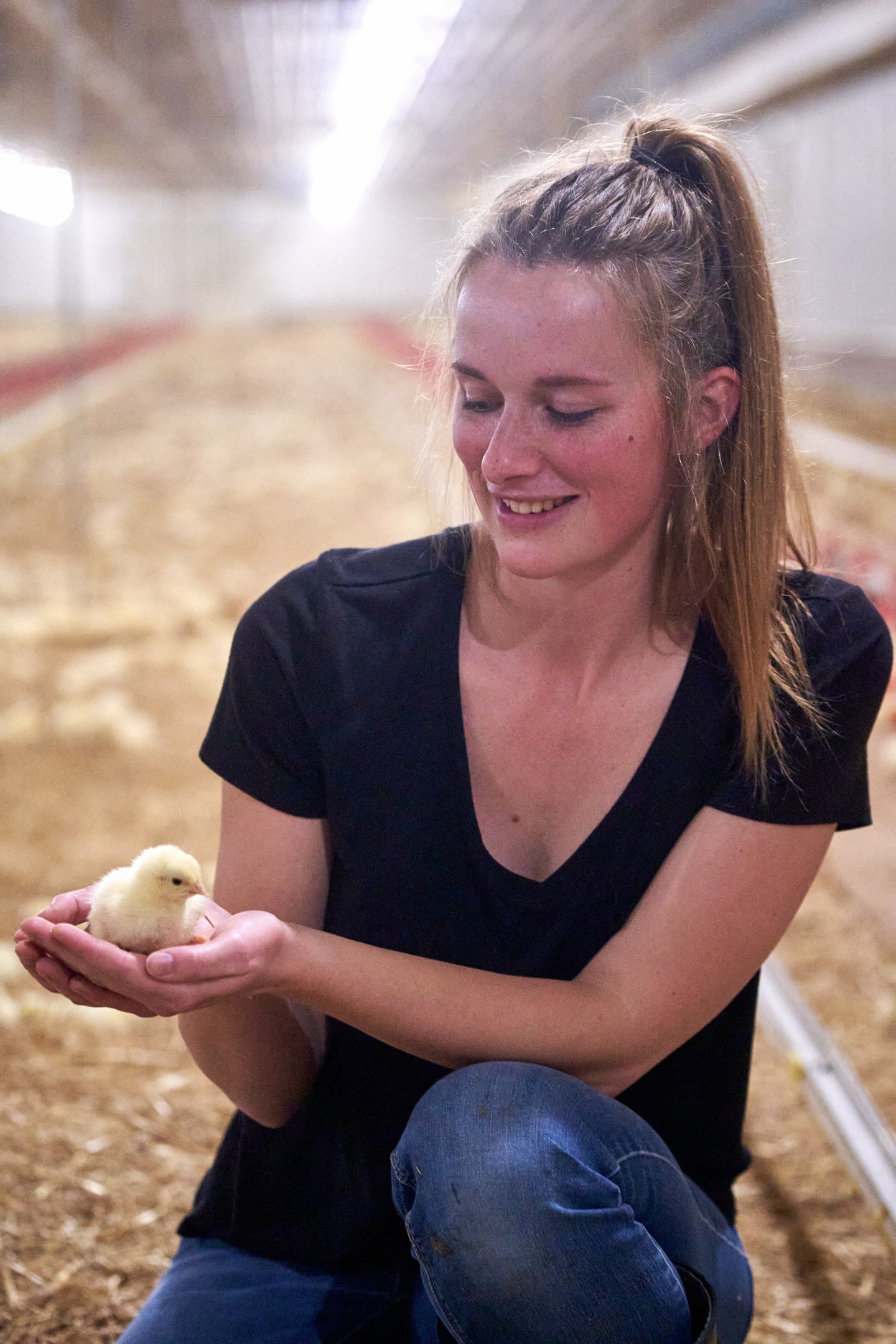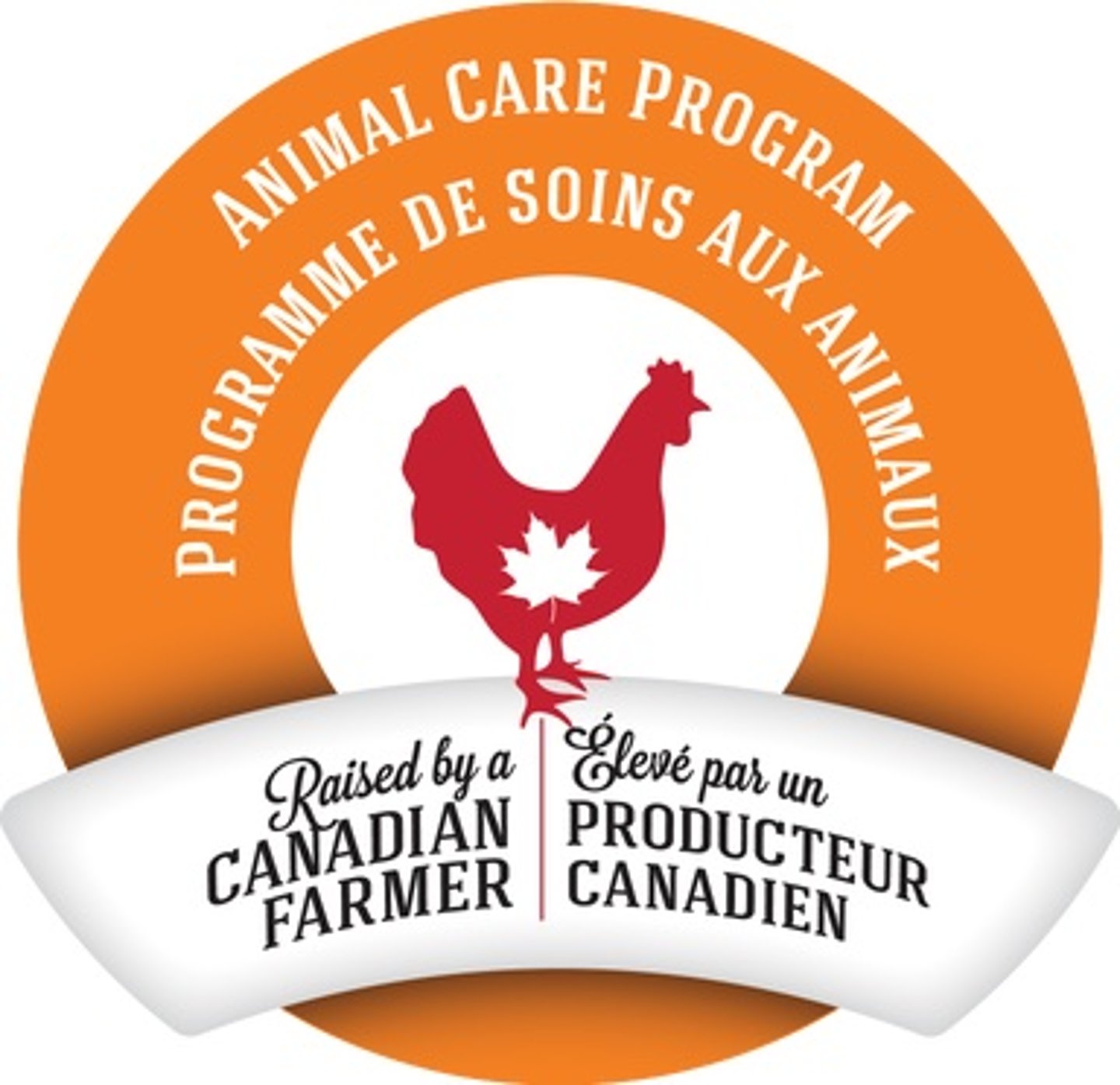Dispelling myths about chicken farming in Canada
It’s no secret that consumers are more concerned about where their food comes from than ever before. When it comes to chicken, the possibility of inhumane farming practices and modified chicken feed have people questioning their poultry picks at the grocery store.
But these concerns are unfounded, noted panelists in a recent webinar hosted by Canadian Grocer. In a video tour of her family’s farm in Manitoba, third-generation chicken farmer Rachel showed the comfortable quarters and nutritional food given to chicks at her farm. “A common misconception is that there are hormones or steroids put into chicken feed and that’s absolutely false,” she said, noting that these have been illegal since the 1960s.
Consumers don’t realize that animal care is a number one priority for chicken farmers, she said. “They are our livelihood, and we want to take care of the chickens really well.”
Lisa Bishop-Spencer, of Chicken Farmers of Canada, spoke to the Animal Care Program, which has existed for some 20 years and is mandatory in farms across all Canadian provinces to enforce strict animal care standards. “We are able to enforce the program on farm and ensure corrective actions are taken and there can be penalties, including not being able to produce,” she said. “The program wasn’t curated to put the farmers in line, they were in-line already, but as a mechanism to demonstrate that our animals are well cared for.”
She said consumers can also feel good about the fact that the carbon footprint of chicken farming is lower than that of all other livestock in North America, with 63% of energy used to bring a chicken from “gate to plate” coming from renewable sources. When consumers get farm tours and understand how farmers are raising chickens, they inevitably feel reassured, she added.
Jean-Michell Laurin, whose association Canadian Poultry and Egg Processors Council represents 34 primary chicken processors, also talked about the guidelines ensuring the humane slaughter of chickens across Canada.
“As a consumer it makes me feel good about the chicken products I feed my family with as I know there is a vigorous process by which we review the animal welfare programs in our industry."


